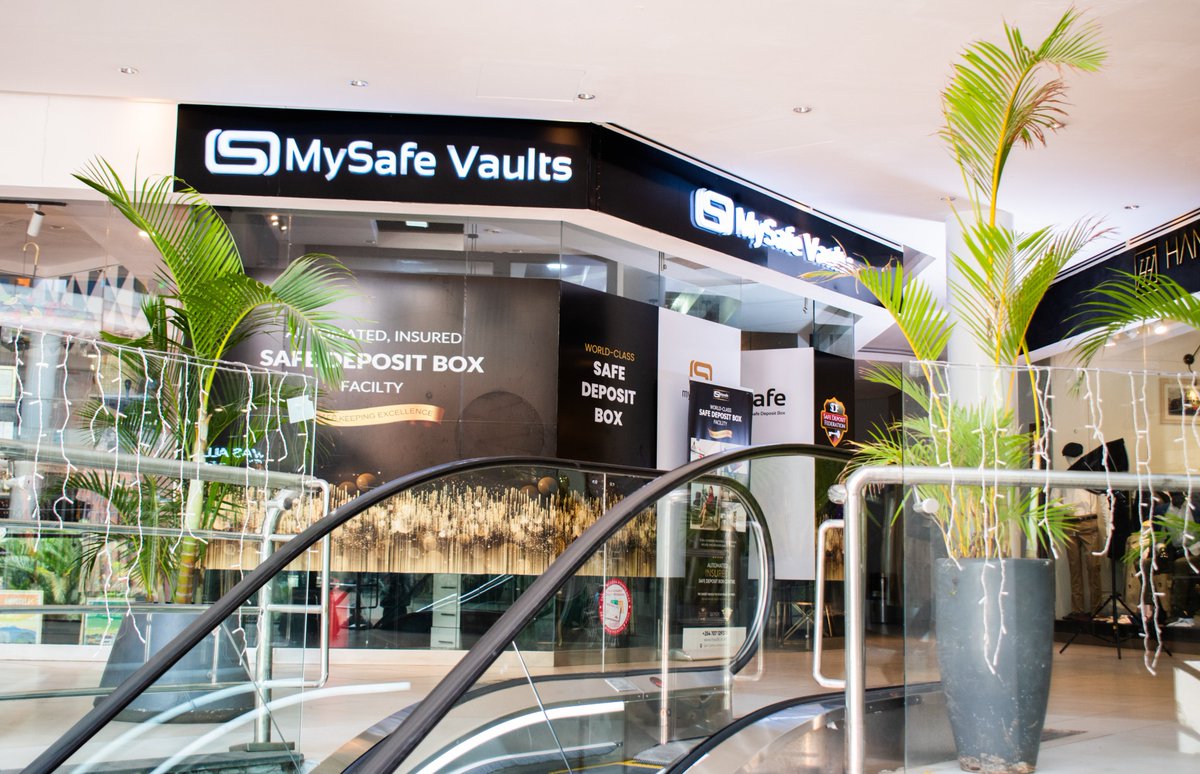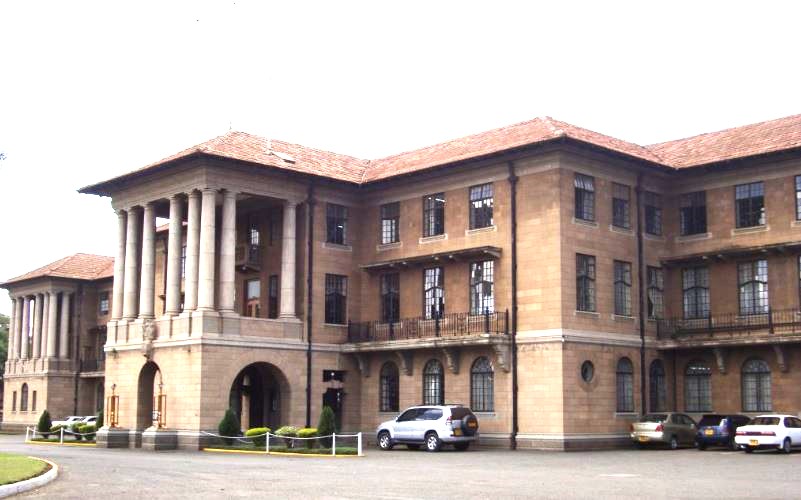By TWV Team
A Nairobi court has taken a firm stance in a high-profile case involving a £4.2 million (Sh70 million) fake gold scam, refusing to grant the Director of Public Prosecutions (DPP) additional time to charge six suspects. The decision, made on 28 June 2025, underscores the judiciary’s push for swift action in a case that has gripped public attention due to its scale and audacity.
Milimani Senior Principal Magistrate Dolphina Alego declined the DPP Renson Ingonga’s request for an extension after the prosecution failed to bring charges against the suspects—Nfundiko Kamira Jean Marie, Alan Zaphenia Onyango, Edward Leonard Ochieng, Shem Omollo Onyango, Peter Lukabaya Mulamba, and Ibrahim Nsangou. The court also rejected a separate request by a senior state prosecutor to release the suspects’ passports to the investigating officer, Chief Inspector Leah Ambiche, pending further direction.
The case has been adjourned until 1 July 2025, when Magistrate Alego will rule on whether to close the miscellaneous case file and whether the suspects’ passports, currently held by the court, will be handed over to the investigating officer. The suspects, who are out on a cash bail of £3,000 (Sh500,000) each, were also required to provide two contact persons each as part of their bail conditions.
The scam, which unfolded between 6 and 10 March 2025, allegedly saw the six suspects defraud complainants Ramadhan Suleiman Mohamed and George William Betoka of £3.3 million (USD546,000). According to court documents, the suspects presented 305kg of fake gold nuggets, accompanied by a weighing machine, an electronic gold tester gun, and fraudulent documents bearing the Ministry of Mining’s logo to deceive the complainants. A dust coat branded with the ministry’s insignia and a job card falsely indicating employment further bolstered their scheme.
Chief Inspector Ambiche, leading the investigation, detailed how Jean Marie, posing as the primary seller, collaborated with Alan Onyango, who acted as an agent, and Shem Onyango, who posed as a Ministry of Mining official to “verify” the gold’s purity. Edward Ochieng was actively involved in the sampling process, while the group allegedly took the complainants to the Ministry of Mining offices to test a sample, producing a falsified assay report dated 4 March 2025.
In a calculated move, the suspects provided 7kg of fake gold as collateral, stored at MySafe Place in Sarit Centre, which was later revealed to be mere stones. The complainants were issued an invoice for £3.3 million (USD546,000) by Kristal Commodities Group Limited, a supposed licensed dealer, for paperwork to ship 150kg of gold to Dubai. A wire transfer to the company’s account failed, leading to a cash payment, which was captured on video. The promised gold consignment was never shipped.
In a bid to ensnare the perpetrators, the complainants orchestrated a second deal for 500kg of gold, resulting in an invoice of £16,000 (Sh2,680,800) from SKR Logistics Limited on 17 April 2025. This led to the suspects’ arrest in Spring Valley, Nairobi, where police recovered the fake gold, fraudulent documents, and other items used in the scam.
The Director of Criminal Investigations (DCI), Amin Mohammed, had previously been granted additional time to complete inquiries, with Ambiche requesting further time for forensic analysis of video footage, mobile phone data, and reports from the Ministry of Mining and other agencies. Despite the ongoing investigation, the court’s refusal to extend the DPP’s deadline signals mounting pressure to resolve the case.
Lawyer Kimani Wachira is representing the complainants, while Danstan Omari is defending all six suspects. As the 1 July ruling looms, the case continues to highlight the challenges of tackling sophisticated fraud schemes in Kenya’s mining sector.





